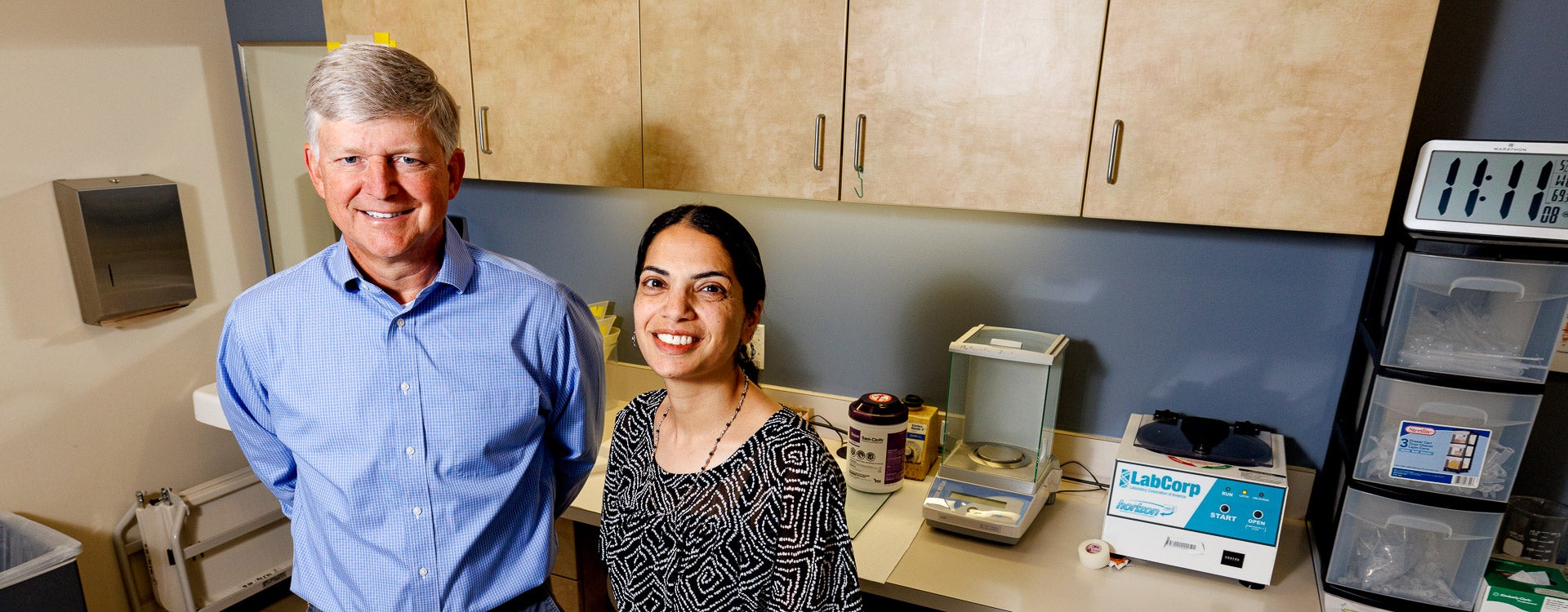Faculty Spotlight: Shahnaz Aziz

Dr. Shahnaz Aziz Awarded NIH Grant to Research Link Between Workaholism and Type 2 Diabetes
Published 01.21.2023

Dr. Aziz, Full Professor of Psychology, has received almost $500,000 in grant funding from the National Institutes of Health (NIH) to research the association between workaholism and fasting glucose/insulin, insulin sensitivity, and lipids. Given that type 2 diabetes (T2D) is a global pandemic, this line of research is expected to have a strong impact, and the data will establish the groundwork for future research to determine how workaholism can be a factor in the occurrence of T2D.
As the principal investigator (PI), she is leading the study with co-investigators in the Brody School of Medicine/East Carolina Diabetes and Obesity Institute. Dr. Aziz and her team are currently screening/enrolling participants and collecting data—they are eager to see what the data reveal and the importance the research may provide for the community at large.
Dr. Aziz is an industrial and organizational (I/O) psychologist who specializes in workaholism. Her contributions to the literature include multiple publications and presentations focused on the topic. Although typically out of the domain of an I/O psychologist, “Dr. Aziz has always aspired to further investigate the health of workaholics and delve into the potential association between workaholism and specific metabolic factors as assessed with biological data. Thus, receiving an NIH grant to study this topic is a dream come true,” she states.
Many factors contribute to the development and progression of T2D, but there is little current research on the potential connection between workaholic behavior and impaired metabolic outcomes, such as T2D. However, research does indicate these behaviors lead to other diseases, which spurred her interest in the topic. “Among behavioral patterns, emerging evidence suggests workaholism is a contributing factor in coronary heart disease and stroke, two diseases that are often macrovascular complications of and/or complicated by prolonged T2D.”
If Dr. Aziz’s team demonstrates a link between workaholism and T2D, this will allow them to focus on ways to modify workaholic behaviors to improve glycemic and lipid levels, perhaps preventing the onset of health issues. “Doing so would ultimately improve the health and well-being of employees, including those in eastern North Carolina,” she states.
